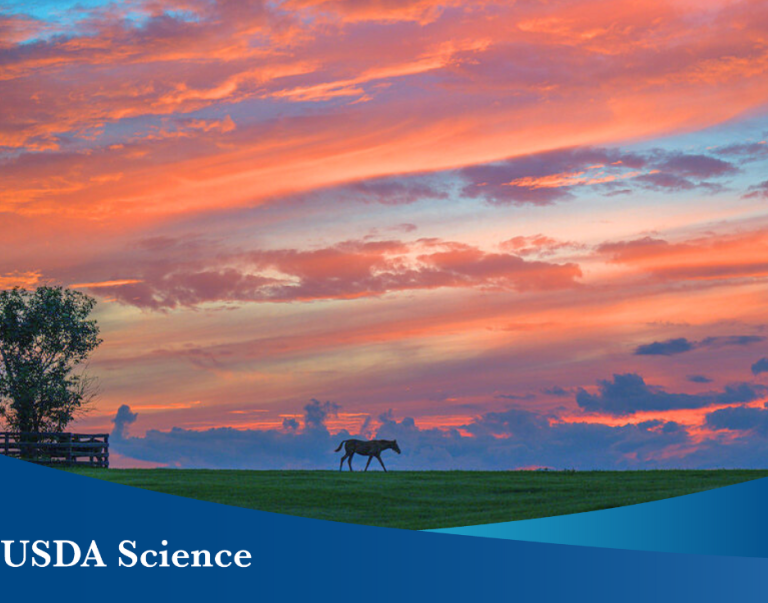WASHINGTON, Oct. 20, 2021 – Today the Departments of Agriculture and the Interior announced actions to protect the Boundary Waters Canoe Area Wilderness and surrounding watershed in northeastern Minnesota, a unique natural wonder and one of the jewels of the National Wilderness Preservation System.
In response to broad concerns about potential impacts of mining on the wilderness area’s watershed, fish and wildlife, Tribal trust and treaty rights, and the nearly $100 million annual local recreation economy, the administration is initiating consideration of a 20-year withdrawal of key portions of the national forest lands from disposition under the mineral and geothermal leasing laws, which would temporarily prohibit the issuance of new prospecting permits and leases in the area.
The Forest Service submitted the withdrawal application to the Bureau of Land Management (BLM), which manages the subsurface rights in the Superior National Forest. The BLM’s acceptance of the application and publication of a notice in the Federal Register will initiate a two-year segregation that will prohibit the issuance of new Federal mineral leases within 225,378 acres within the Rainy River Watershed. During this time, the BLM and the Forest Service will seek public comment and conduct a science-based environmental analysis to evaluate the potential impacts of mining on the important natural and cultural resources of the Rainy River Watershed.
“The Boundary Waters area is an irreplaceable natural resource renowned for high quality fishing, wildlife viewing, and recreational opportunities,” said Agriculture Secretary Tom Vilsack. “I have asked the Forest Service to work with the Bureau of Land Management to complete a careful environmental analysis and engage the public on whether future mining should be authorized on any federal land adjacent to this spectacular and unique wilderness resource.”
“A place like the Boundary Waters should be enjoyed by and protected for everyone, not only today but for future generations,” said Secretary of the Interior Deb Haaland. “Today the Biden Administration is taking an important and sensible step to ensure that we have all the science and the public input necessary to make informed decisions about how mining activities may impact this special place.”
The Boundary Waters is the most visited wilderness area in America and the only lake-land wilderness in the National Wilderness Preservation System. It boasts more than 1,200 miles of canoe routes and 2,000 designated campsites within its million-acres of lakes and forests that extend along the border with Canada and adjacent to Voyageurs National Park. Congress expanded protections for the wilderness area in 1978, when it directed the Forest Service to maintain high water quality and to minimize “to the maximum extent possible” the environmental impacts associated with mineral development.
The two-year segregation of lands initiated by today’s announcement in the Federal Register prohibits the issuance of new prospecting permits or leases for mining related activities but does not affect valid existing rights or activities on private lands. Separately, there are two leases within the proposed withdrawal area associated with the proposed Twin Metals Mine that are currently in litigation.
Publication of the Federal Register notice will also initiate a 90-day public review period for the proposed withdrawal and additional analysis during the segregation period that will include Tribal consultation and further public involvement, including public meetings. This process will invite participation by the public, Tribes, state and local government, as well as other stakeholders interested in the stewardship of these lands and waters. The Secretary of the Interior has the authority to withdraw lands for a maximum of 20 years, subject to renewal; only Congress can legislate a permanent withdrawal.
In 2016, the Obama administration initiated steps to withdraw portions of the watershed from new mineral permits and leases. In 2018, the Trump administration canceled the Forest Service’s withdrawal application and the associated environmental review after three public meetings already had been conducted, more than 90,000 public comments collected, and environmental analyses undertaken.
Responsible development of domestic mineral supplies is important to transitioning to a clean energy economy. The study and two-year segregation from new mineral leasing will give USDA and DOI the opportunity to fully support science-based decision-making in the Rainy River watershed.
USDA touches the lives of all Americans each day in so many positive ways. In the Biden-Harris Administration, USDA is transforming America’s food system with a greater focus on more resilient local and regional food production, ensuring access to healthy and nutritious food in all communities, building new markets and streams of income for farmers and producers using climate smart food and forestry practices, making historic investments in infrastructure and clean energy capabilities in rural America, and committing to equity across the Department by removing systemic barriers and building a workforce more representative of America. To learn more, visit www.usda.gov.
#
USDA is an equal opportunity provider, employer, and lender.


